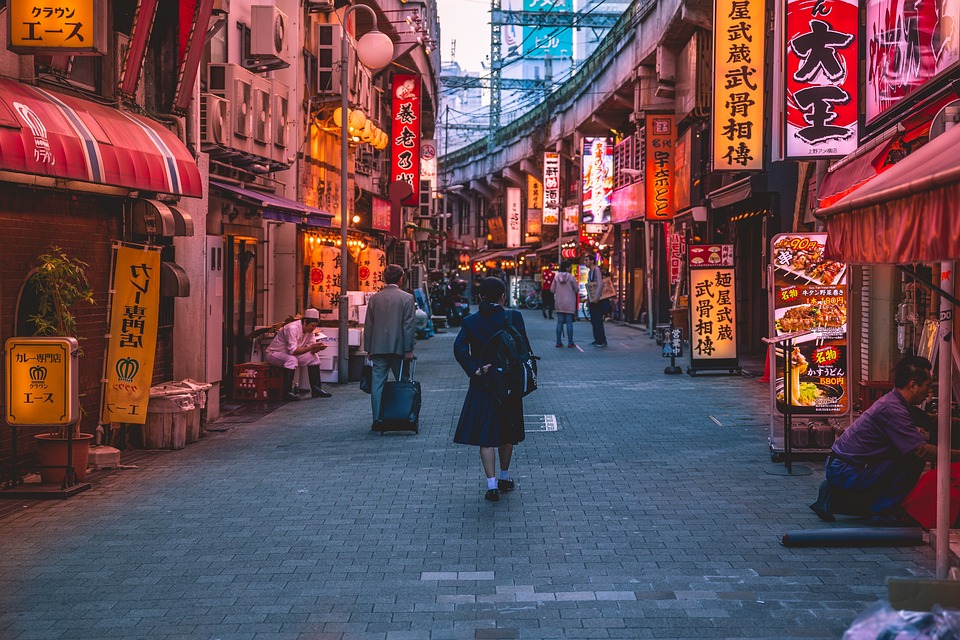Minimalism and Mental Clarity: How Less Stuff Leads to More Peace
In a world where consumerism reigns supreme and clutter often defines our environments, the philosophy of minimalism has emerged as a refreshing antidote. Minimalism, at its core, advocates for a lifestyle centered around the essentials—removing excess possessions and distractions to make way for a more fulfilling existence. But beyond its aesthetic appeal and lifestyle implications, minimalism offers profound benefits for mental clarity and emotional well-being.
The Burden of Clutter
Clutter can be more than a mere eye-sore; it often seeps into our mental spaces, leading to feelings of overwhelm, anxiety, and distraction. Psychologists have noted that physical clutter can hinder our ability to focus and process information effectively. When our surroundings are chaotic, it becomes challenging to maintain mental clarity. Our brains are wired to handle a limited amount of information at any given time, so when we surround ourselves with too many items, the cognitive load increases, leading to decision fatigue and mental confusion.
Embracing Minimalism
Minimalism doesn’t necessarily mean living with the bare minimum. Instead, it encourages individuals to reflect on their priorities and values, allowing them to curate their belongings intentionally. This practice can take many forms—whether it involves decluttering an entire home, embracing a capsule wardrobe, or simplifying one’s digital life. The goal is to retain objects that hold genuine significance and facilitate a tranquil, efficient living space.
By adopting minimalism, individuals free themselves from the burden of excess, leading to an environment that fosters mental clarity. A simplified space allows for clearer thought processes, making it easier to concentrate on the present moment or set meaningful goals.
The Psychological Benefits of Minimalism
-
Reduced Decision Fatigue: One of the stark benefits of minimalism is the reduction in daily decisions. A minimalist wardrobe, for instance, allows individuals to choose outfits quickly without being bogged down by endless options. This simplicity enhances cognitive functioning and provides a more serene start to the day.
-
Enhanced Focus and Productivity: With fewer distractions vying for our attention, the mind can concentrate better on tasks at hand. A minimalist workspace, free from unnecessary clutter, promotes productivity and encourages deep work, allowing individuals to engage fully with their responsibilities and passion projects.
-
Emotional Freedom: Letting go of possessions can be liberating. It can be emotionally cathartic and create space for new opportunities and experiences. When we detach from material items, we learn to foster connections with people and moments that truly matter, enhancing our emotional well-being and personal relationships.
-
Mindful Living: Minimalism often encourages a more mindful lifestyle—being present and intentional about the choices we make. This mindfulness translates to how we interact with our surroundings, fostering a sense of peace and contentment rather than a relentless chasing of more.
- Stress Reduction: A clutter-free space can mute external stimuli that contribute to stress. The serenity of a minimalist environment can serve as a calming oasis in a chaotic world, reducing anxiety and promoting relaxation.
Designing Your Minimalist Path
Transitioning to a minimalist lifestyle is a unique journey tailored to individual needs and circumstances. Here are some steps to begin:
-
Assess Your Space: Take stock of your belongings. What do you use? What do you love? What brings you joy? Identify items that no longer serve a purpose or hold meaning.
-
Set Goals: Define what minimalism means to you and set achievable goals. It could be decluttering one room, adopting a minimalist wardrobe, or simplifying your digital space.
-
Adopt One-In, One-Out Rule: When acquiring new items, consider letting go of an existing one. This practice helps maintain balance and prevents future clutter.
-
Invest in Experiences: Shift the focus from material possessions to experiences. Travel, learn, and create memories that enrich your life rather than filling your space.
- Practice Regular Decluttering: Make decluttering a routine part of your life. Regularly evaluate your belongings and let go of what no longer fits your evolving lifestyle.
Conclusion
Minimalism is more than just an aesthetic or lifestyle trend; it is a powerful philosophy that fosters mental clarity, emotional resilience, and peace. By embracing less, we can create space—for thoughts, experiences, and connections—that enrich our lives and promote overall well-being. In a society that often equates happiness with accumulation, choosing minimalism may be the key to unlocking a more serene, fulfilling life. Less truly can lead to more—a more peace, more clarity, and ultimately, more joy.


